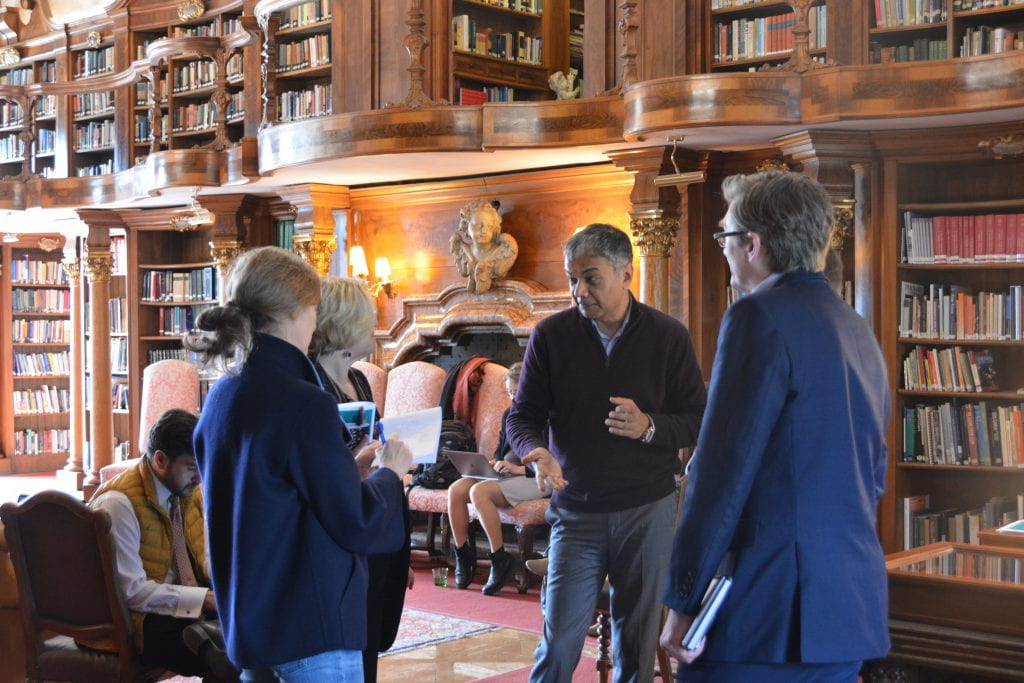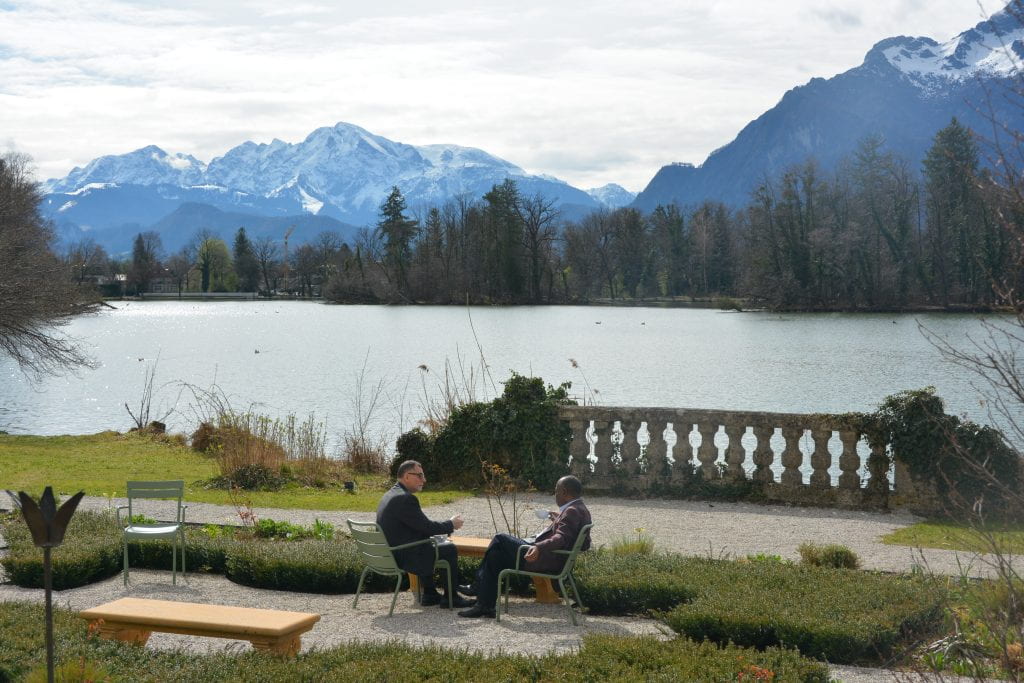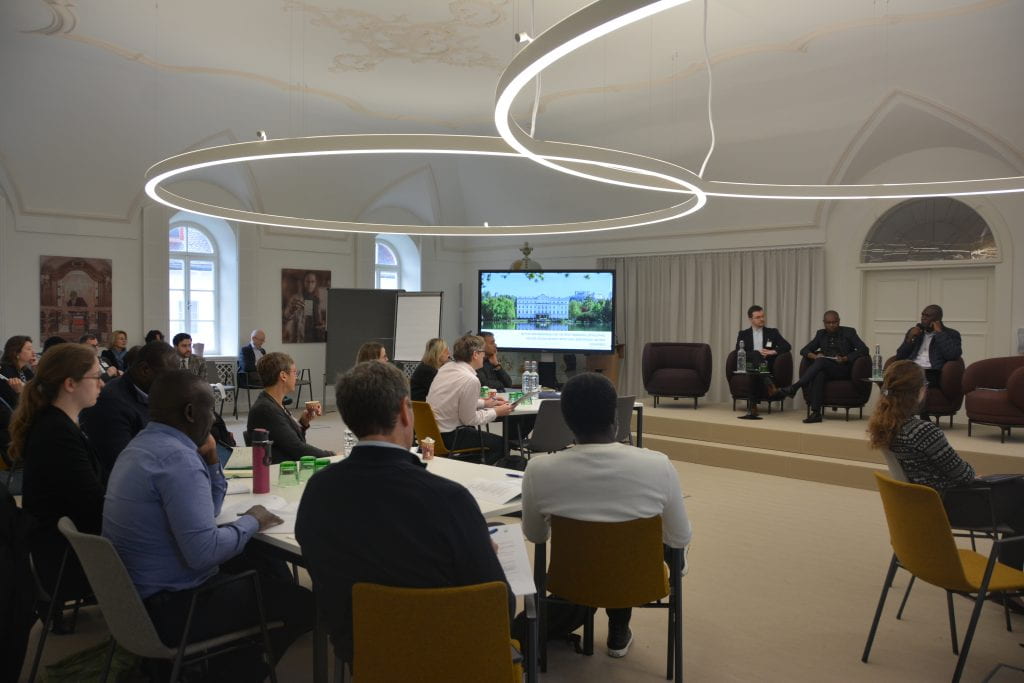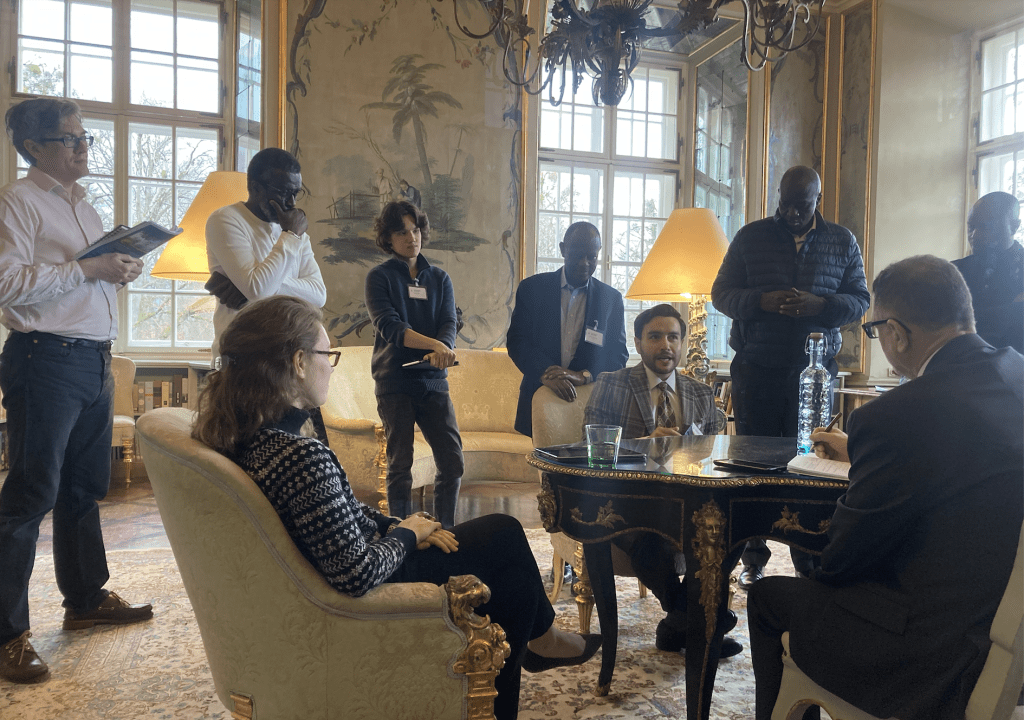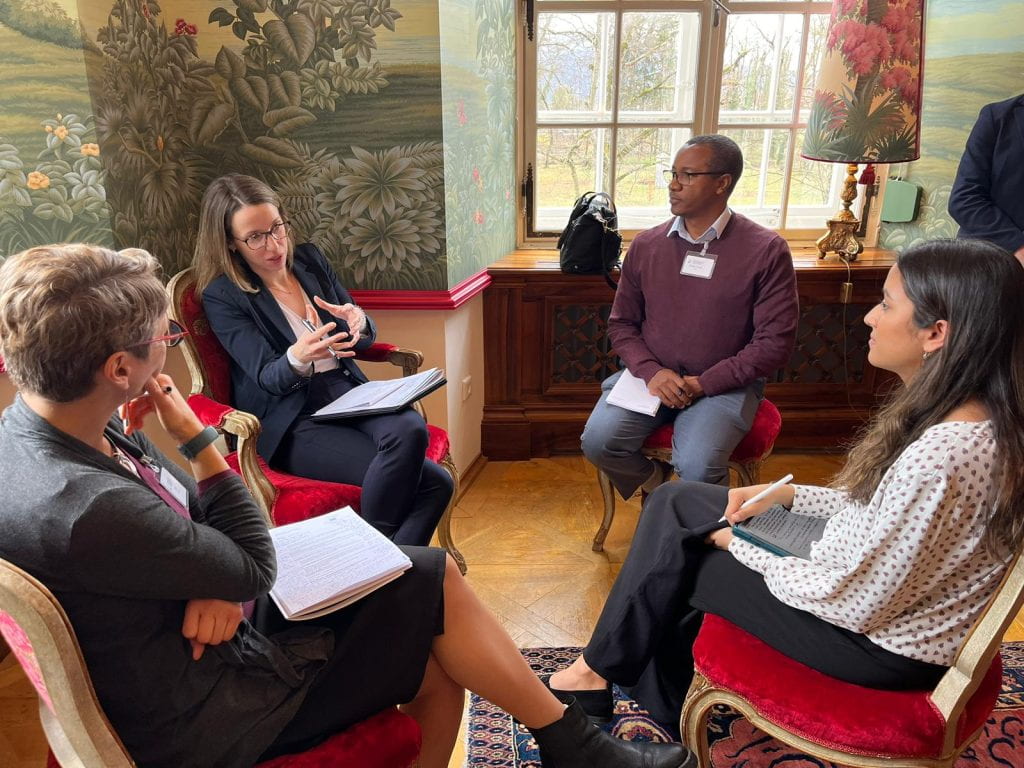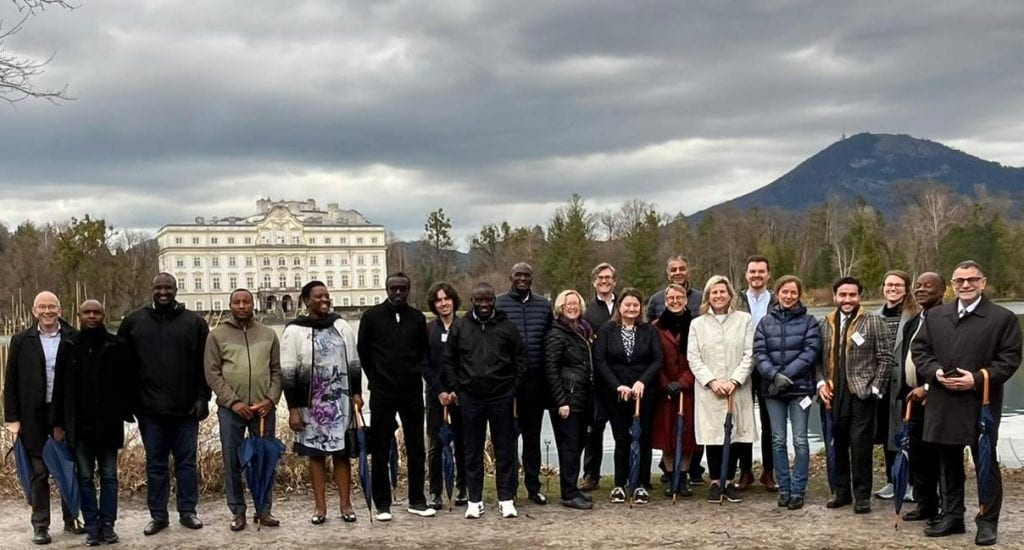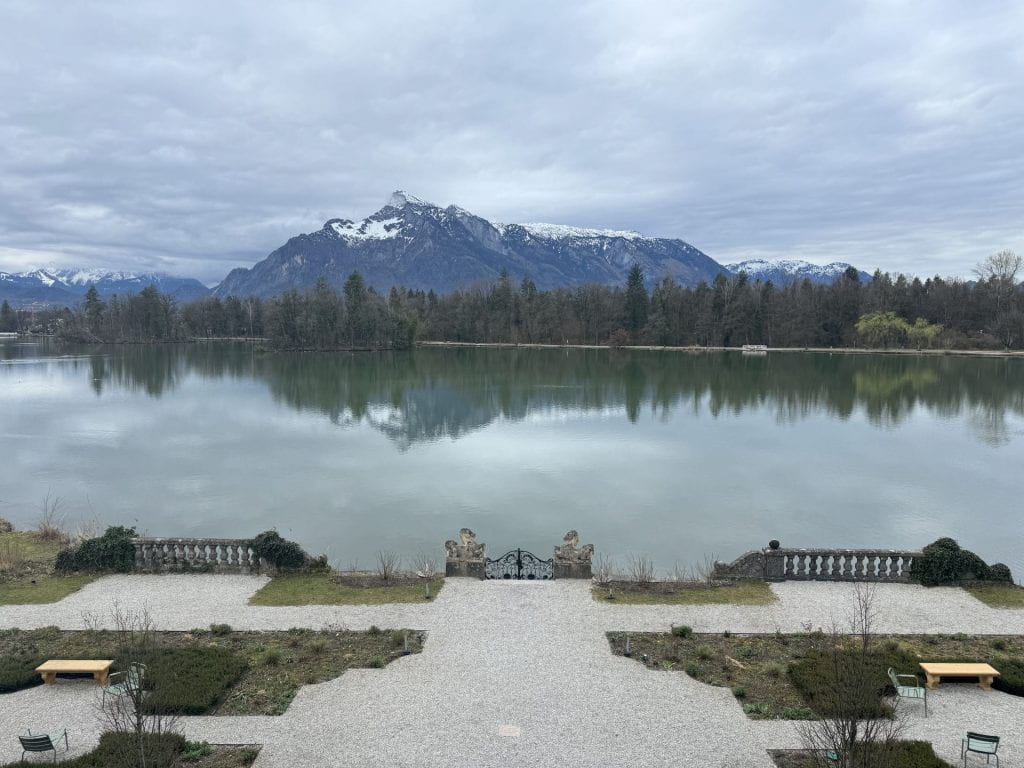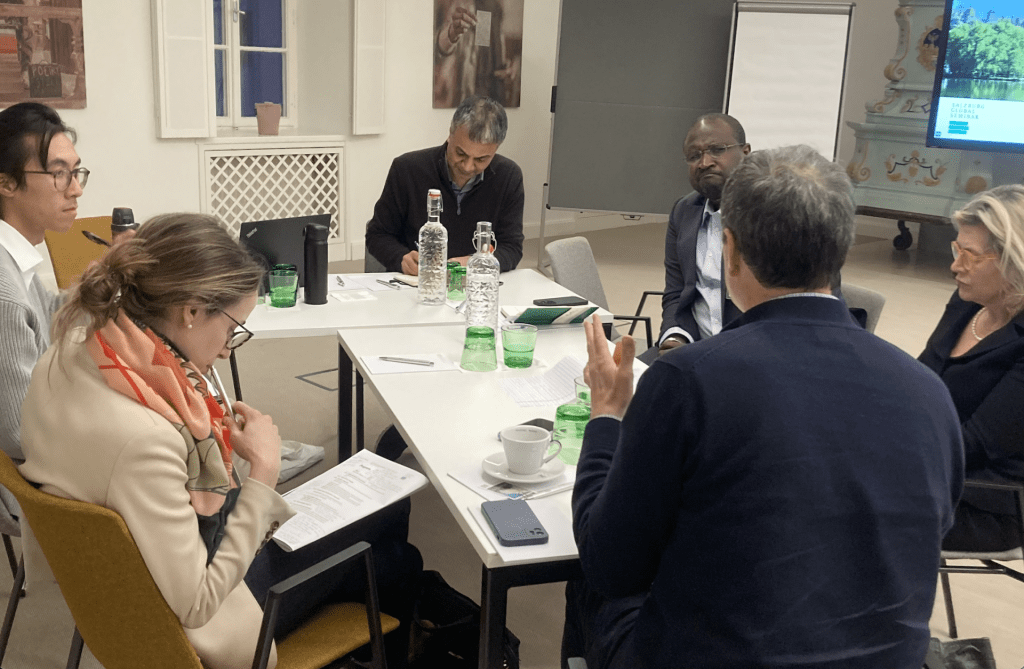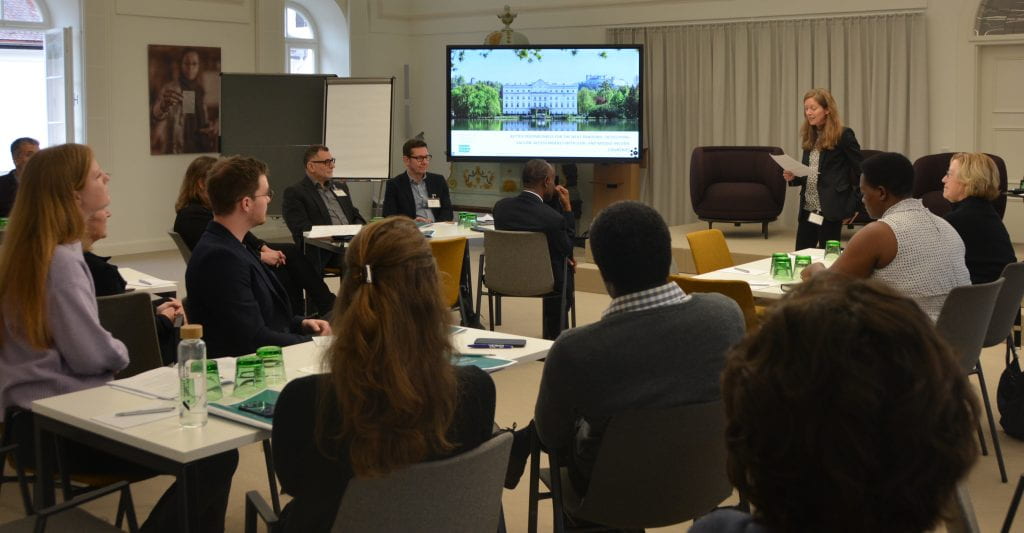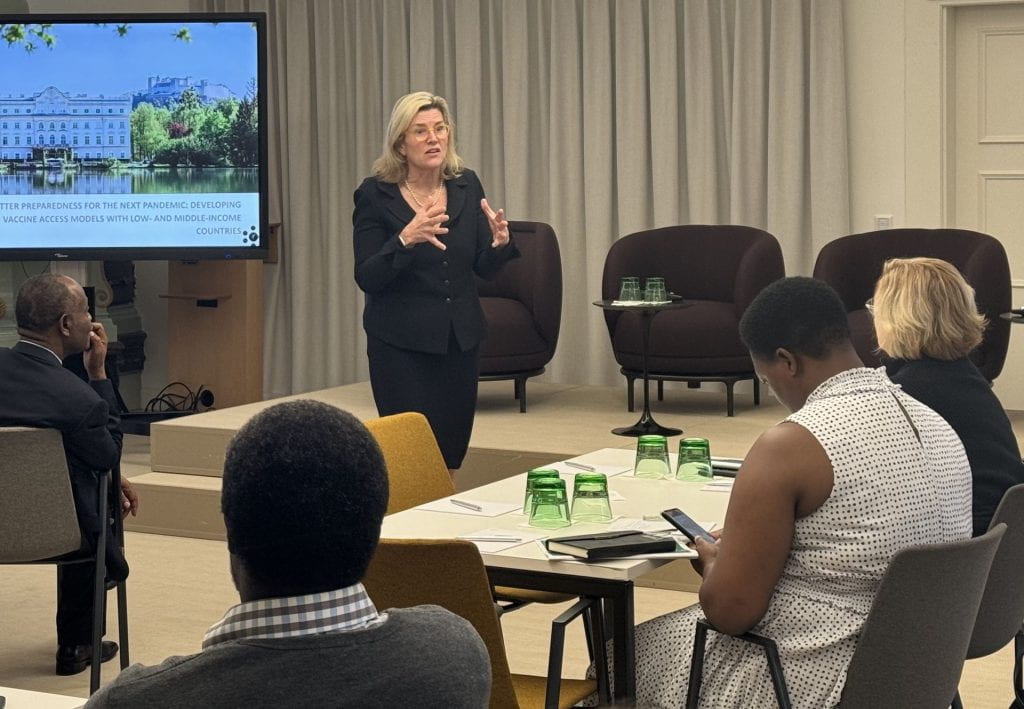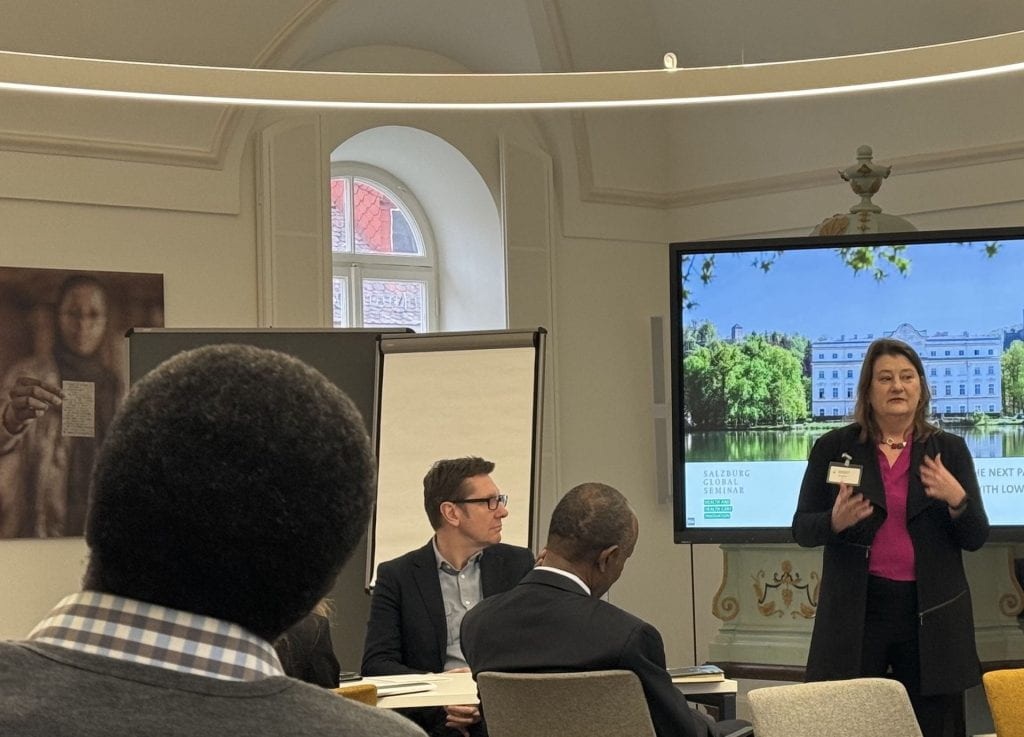By Anaïse Boucher-Browning '22 and Manasi Singh '24
The seminar transitioned today from gathering thoughts and experiences to developing tangible actions based on our ideas. Our objective now is to formulate a comprehensive set of recommendations concerning vaccine manufacturing, procurement, and distribution. These recommendations aim to influence decision-making processes beyond the confines of this seminar.
We began the morning by jotting down our main points on sticky notes for everyone to review. Then, we dove into our final panel discussion of the day, covering pandemic risk assessments, vaccine development, funding mechanisms, and vaccine nationalism in depth.
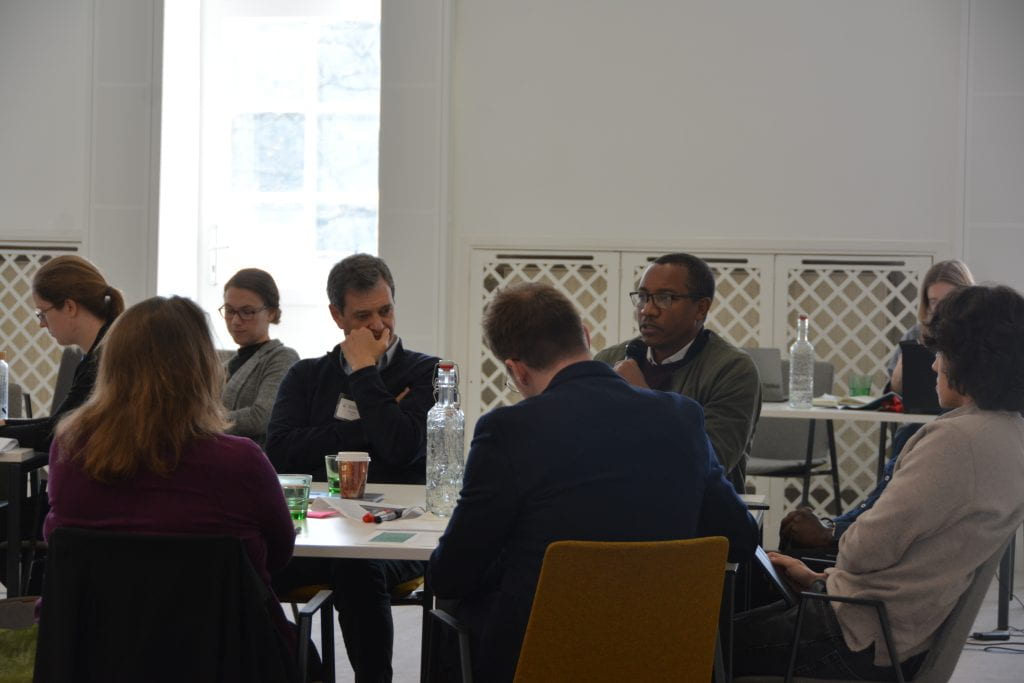
Before dividing into working groups to draft recommendations, we held a comprehensive strategy session to outline potential frameworks for addressing the complexity of future pandemic scenarios and the diverse stakeholders involved in vaccine procurement. Our discussions throughout the week have addressed a broad set of challenges. It's been very encouraging to see these ideas beginning to form into a cohesive set of principles.
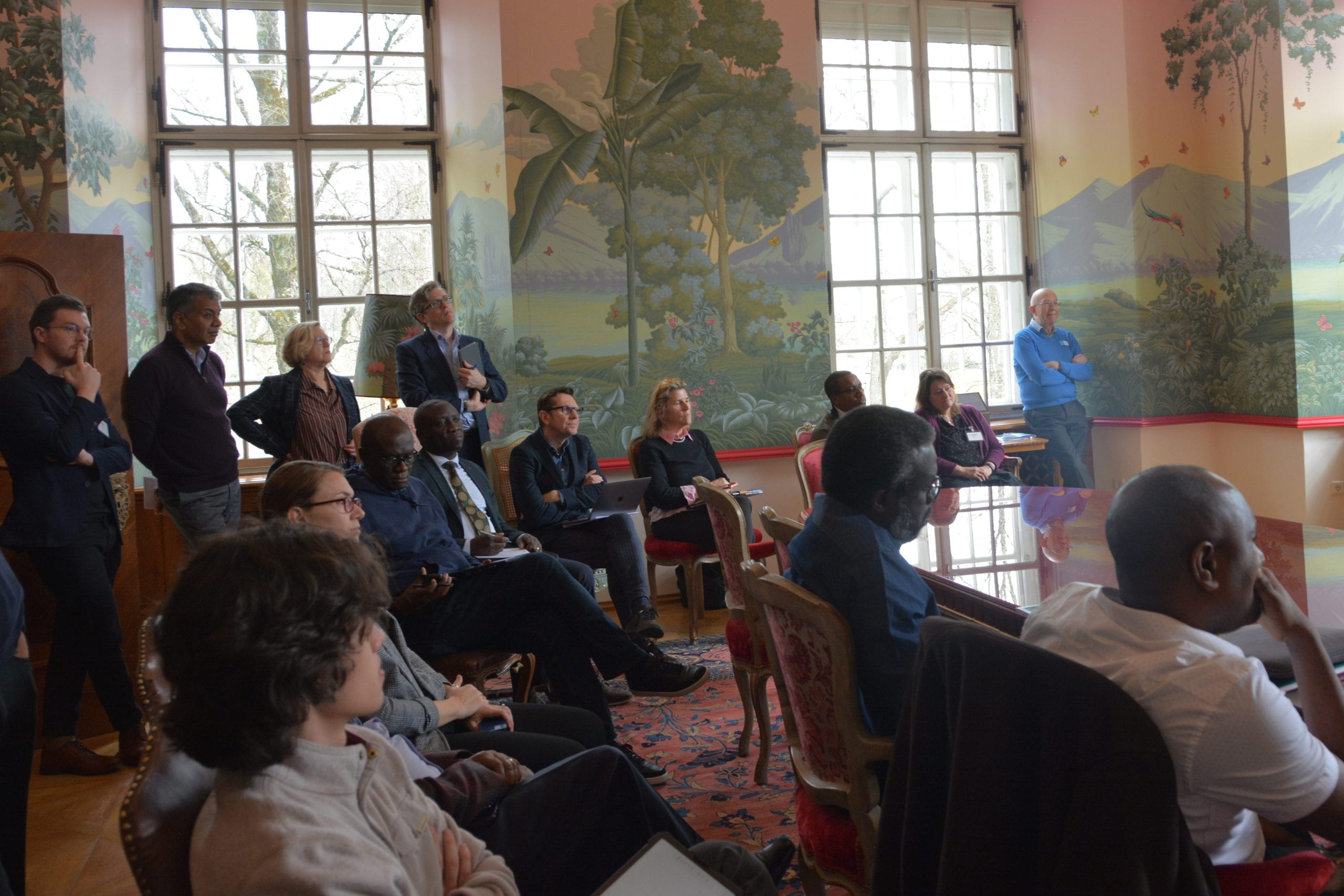
The African fellows with direct experiences of the national pandemic responses across several African countries gathered in a working group tasked with drafting the framework for actionable principles for recommendation. They presented their findings to the other fellows, emphasizing the importance of tailoring strategies for vaccine access to accommodate numerous shifting variables and scales of response.
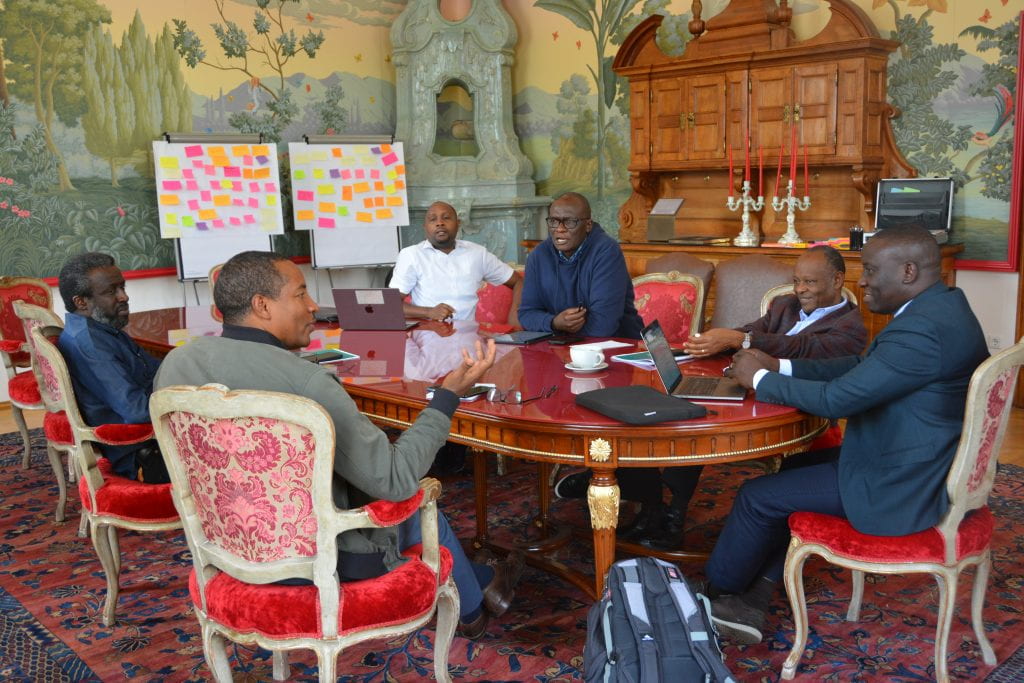
We continued the drafting process in small groups later in the afternoon, and we’ll pick up where we left off tomorrow morning to continue the iterative drafting process.
It’s clear that a lot of incredible work is and will continue to happen here for the rest of the week. However, as our time here in Salzburg approaches its end, we are most excited to see new friendships developing within the group.
